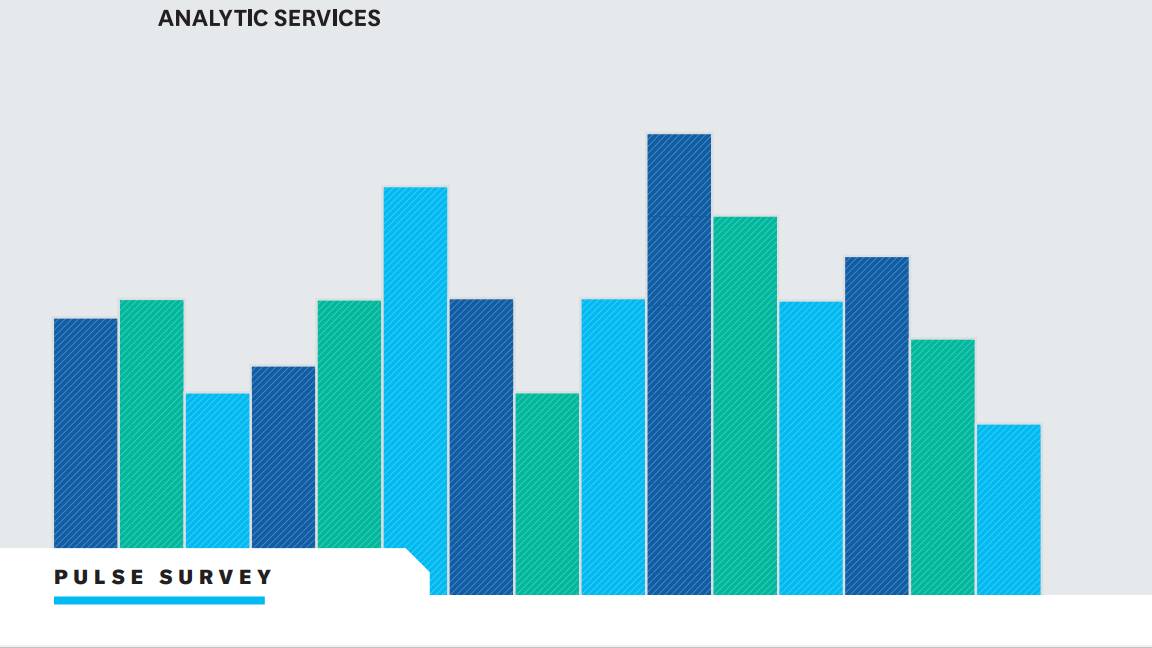
Who in the organisation should be taking the lead when it comes to choosing the right tools and implementing them successfully? Is it the IT manager/CIO/CTO, business department head, HR or a combination of key stakeholders?
Effective communication can't be one way, nor can one person or department force their idea of collaboration onto the rest of the business. It starts with the CEO and the rest of the C-level team leading the charge for positive change, empowering all others to do so too providing input into processes, tools, policies and the like.
If everyone has ownership of the change, it's more likely that everyone will buy into it.
Tech and tools without consideration for people and function is meaningless. Decide what your organisation needs, what problems it has, and introduce the tools, processes and training that suits you and bring everyone with you along the journey.
Where do you see the market and adoption of communication and collaboration tools headed? What innovation do you think is on the horizon or, indeed, much needed?
We're at a stage now where some people may understandably feel like they are drowning in new tools email, Slack, Skype, various project management and workflow tools, like Basecamp, and more. Some of these tools are better for different types of communication and collaboration than others. Personally, I'd like to see everyone reduce their reliance on email to call it a communication tool is a bit of a misnomer, in my opinion. Internally, it really represents an anti-pattern for good communication it's asynchronous, curated and used far too often to provide cover.
I'd be surprised if there wasn't some consolidation and integration of these tools with existing enterprise platforms in the near term. Likewise, I'd expect to see advances being made in the way data is leveraged to make these tools more valuable the use of AI to provide quick or automated solutions to common problems, for example.
Sign up today and you will receive a free copy of our Future Focus 2025 report - the leading guidance on AI, cybersecurity and other IT challenges as per 700+ senior executives
What will successful corporate collaboration and communication look like five or 10 years from now?
Email will be eliminated. Collaboration services like Slack and Facebook Workplace will proliferate and provide an end-to-end solution within and between companies. Data security will continue to be a key concern as the regulatory environment tightens, with automation and failsafe tools emerging to protect organisations who are collaborating at high speed.
Why should people attend our collaboration event to hear you speak?
Creating the right conditions for collaboration and communication to thrive, and deliver tangible improvements to working practices and business performance isn't easy. It's often a trial and error game. So anyone attending the event can benefit from the successes (and failures) that I and others have encountered. Hopefully people will come away with an idea of what works (and what really doesn't).
Is there anything else you would like to add on this topic?
Tech and tools without consideration for people and function is meaningless. Decide what your organisation needs, what problems it has, and introduce the tools, processes and training that suits you and bring everyone with you along the journey.
ITPro is a global business technology website providing the latest news, analysis, and business insight for IT decision-makers. Whether it's cyber security, cloud computing, IT infrastructure, or business strategy, we aim to equip leaders with the data they need to make informed IT investments.
For regular updates delivered to your inbox and social feeds, be sure to sign up to our daily newsletter and follow on us LinkedIn and Twitter.
-
 'Digital hide-and-seek': Workers are wasting hundreds of hours a year sourcing the information they need to carry out their role
'Digital hide-and-seek': Workers are wasting hundreds of hours a year sourcing the information they need to carry out their roleNews Knowledge workers globally are wasting a quarter of their working week tracking down information, new research from Atlassian has revealed.
-
 Predicts 2024: Sustainability reshapes IT sourcing and procurement
Predicts 2024: Sustainability reshapes IT sourcing and procurementwhitepaper Take the following actions to realize environmental sustainability
-
 Advance sustainability and energy efficiency in the era of GenAI
Advance sustainability and energy efficiency in the era of GenAIwhitepaper Take a future-ready approach with Dell Technologies and Intel
-
 2024 State of procurement report
2024 State of procurement reportWhitepaper The trends shaping the future of business buying
-
 Digital optimisation paves the way to strategic supplier management
Digital optimisation paves the way to strategic supplier managementWhitepaper Procurement’s role as a strategic driver
-
 Bringing order to the file management chaos plaguing AEC firms
Bringing order to the file management chaos plaguing AEC firmswhitepaper How a cloud-based solution, supported by edge technology, helps architecture, engineering, and construction firms boost performance and cut costs
-
 File data services to support modern manufacturing
File data services to support modern manufacturingwhitepaper Smart file data services deliver resilience and intelligence to the modern manufacturing organization
-
 Untethered: How CIOs and CISOs are paving the way for the new hybrid workforce
Untethered: How CIOs and CISOs are paving the way for the new hybrid workforceWhitepaper Effective techniques to transition from exposed legacy infrastructure to an effective zero trust strategy



